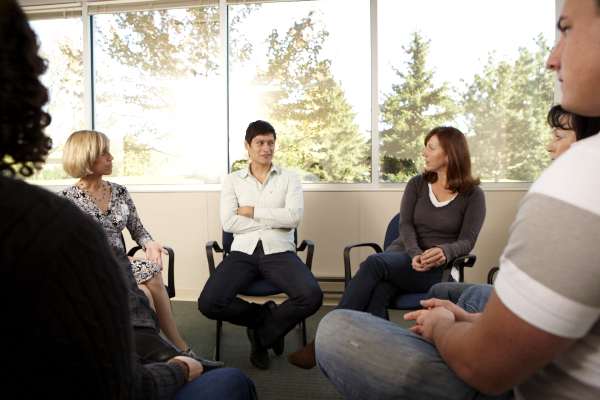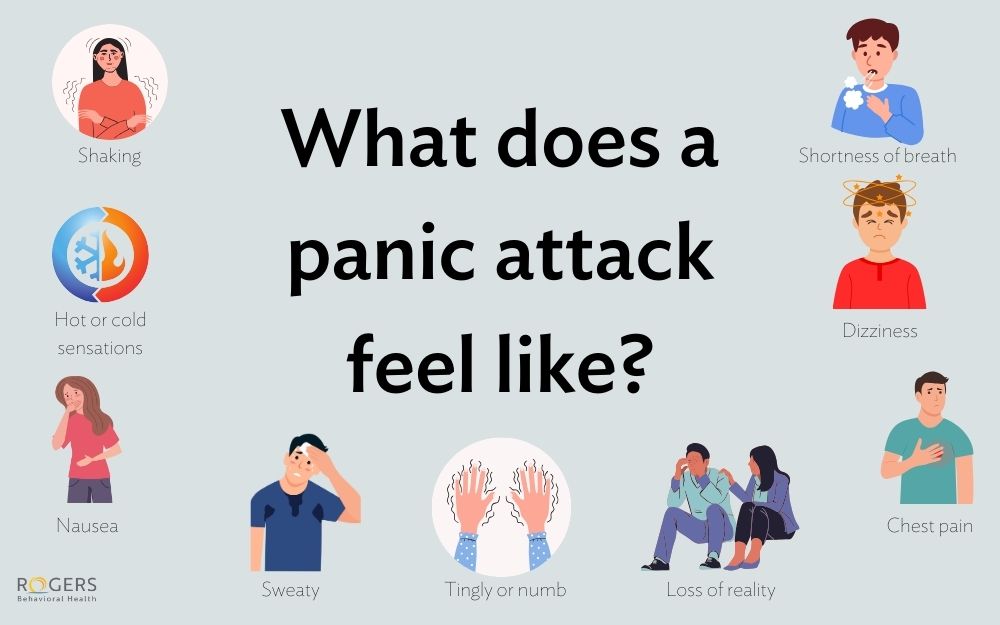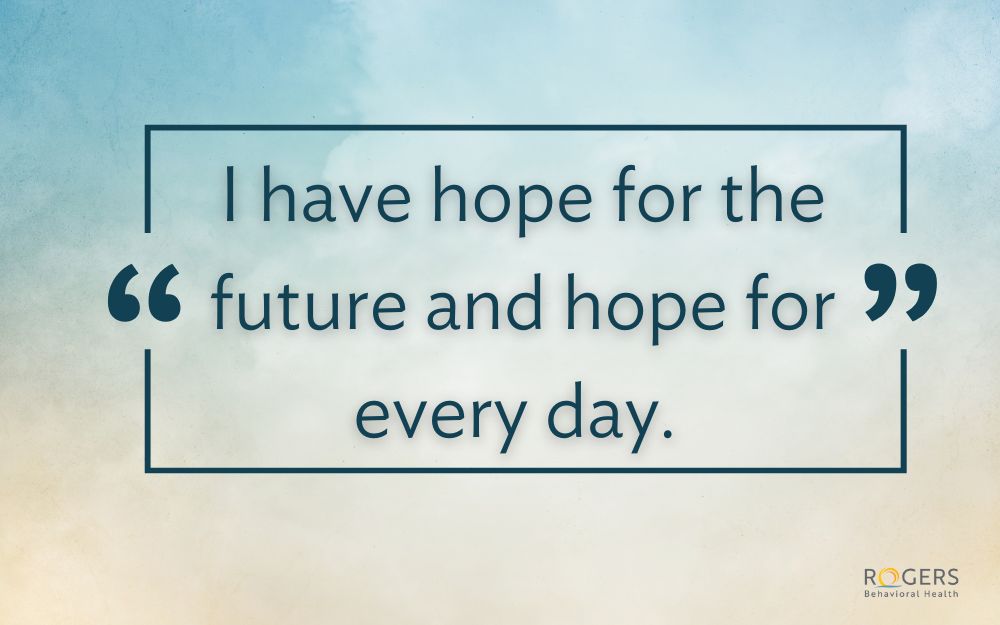Specialized Post-Detox Treatment: Preparing for a Journey
Posted on 04/13/16 03:52:pm
Many adults wrongly believe that once they complete their detox treatment, they will immediately be freed from their drug or alcohol addiction. Beth Shaw, counselor, addiction intensive outpatient program at Rogers Memorial Hospital’s Lincoln Center Outpatient Center in West Allis, knows the work has just begun.
“When patients first come to our addiction intensive outpatient program, many of them don’t understand how deadly their disease is or how much power it has over them,” she says. “Many patients mistakenly think that the physical pain of going through detox will be the hardest part of their journey to recovery, but the real work comes afterwards in post-detox treatment.”
While patients receive inpatient care or residential treatment, they may have temporary protection from many of their outside stressors. “Patients live in somewhat of an artificial world before they get to an intensive outpatient program,” Shaw says. “They don’t have contact with those who helped facilitate their addiction or many of the triggers that caused them to abuse drugs or alcohol, which means that we have to address these issues in the intensive outpatient program while they have connections to the outside world.”
Many of Shaw’s patients have a family history of addiction, abuse, neglect or other emotional issues. “Family sessions play a major role in our program—not only to form a solid support network for the patient, but to bring to light any underlying family problems that may have caused the patient to find an unhealthy coping mechanism,” she says.
Once patients begin treatment in the intensive outpatient program, they often find that the program is not the intimidating experience they might have expected. “Our patients quickly realize that the treatment team isn’t here to tell them they’re ‘bad people’ or scold them for their addiction,” says Shaw. “They see people with similar struggles and realize they are not the only ones with this disease.”
Shaw explains that the group therapy sessions in the program help create a sense of accountability. “I’ve heard over and over again how patients thought about giving up, closed their eyes and pictured the faces of those in their group therapy,” she says. “Then they realize that the treatment team and those in their group are all ‘in this together.’”
The specialized treatment available at Rogers Memorial Hospital gives patients an advantage, Shaw believes. “An obsessive-compulsive disorder consult is two doors down from my office. Having speedy access to specialized treatment gives patients more complete care,” she says. “Rogers works hard to find solutions for patients, including those with ‘difficult cases.’”
Topics
Share this article:



